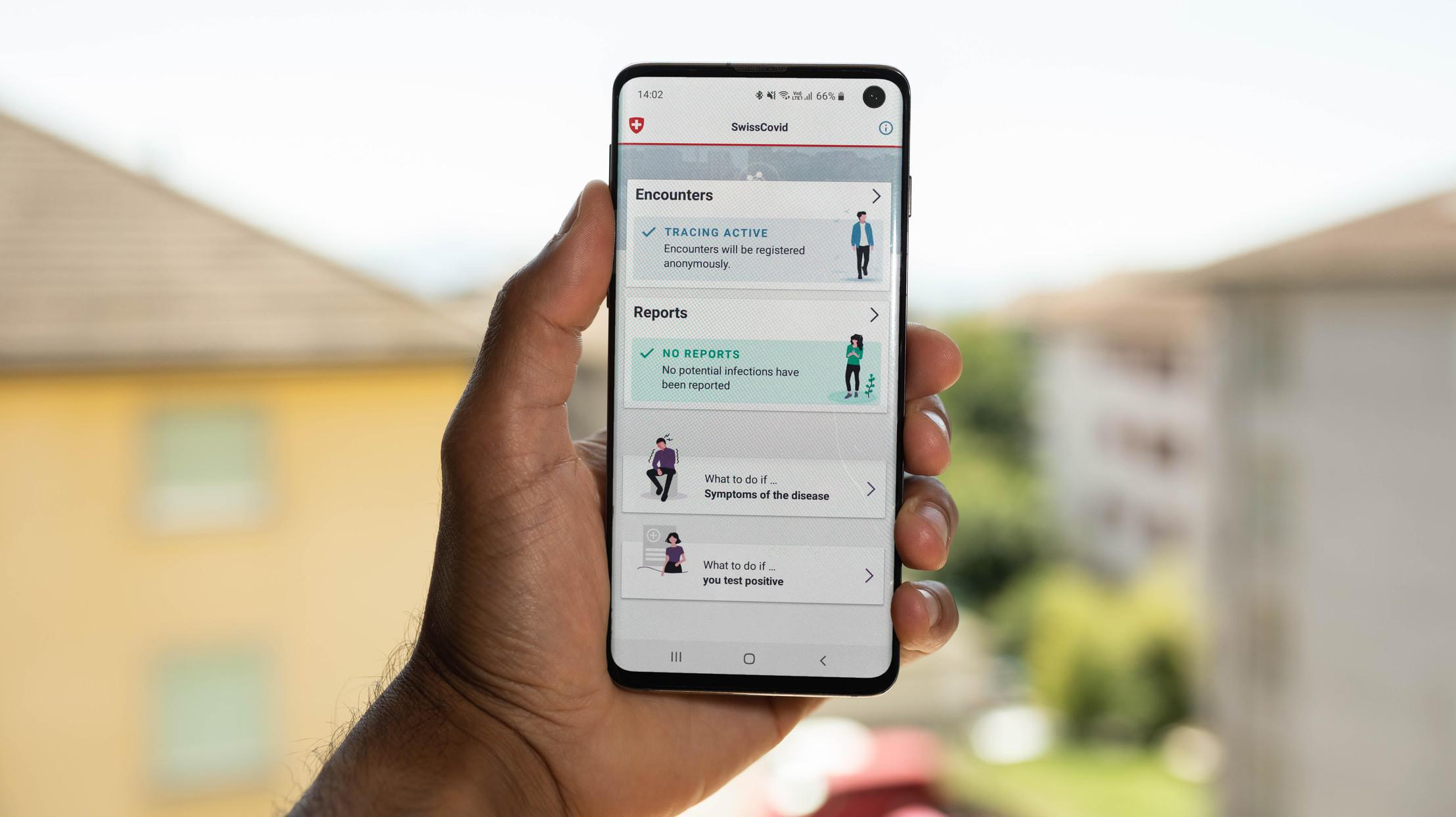Contact-tracing apps prove that they save lives
A study published today in Nature shows that the NHS COVID-19 app for digital contact tracing, based on the DP3T protocol, averted between 300,000 and 600,000 COVID-19 cases in England and Wales. The researchers used data from the NHS to show and quantify the epidemiological impact of such privacy-preserving apps, which are now available around the globe to help control the pandemic.
Calculating the effectiveness of privacy-preserving contact-tracing apps is inherently difficult given their decentralized nature. Scientists from the UK eventually tackled the challenge. By combining data-driven and modeling approaches, they estimated that between 300,000 and 600’000 COVID-19 cases have been prevented in the UK alone thanks to the NHS COVID-19 app over the course of three months (Sept. 24th to the end of December 2020).
Their results have been published today in Nature and echo previous work on contact-tracing apps in Switzerland (SwissCovid) and Spain(Radar Covid). “This shows that strong privacy is not at odds with epidemiological effectiveness”, says Carmela Troncoso, professor for privacy and security at EPFL and main author of DP3T protocol that EPFL and ETH Zürich helped develop in the early phase of the pandemic, and that is also used in the NHS app. The DP3T protocol was the basis of the “Exposure Notification” System integrated into Google’s and Apple’s mobile phone operating systems, thus being made available to billions of people worldwide.
One case avoided for each code entered
During these three months, the NHS app was used by 16.5 million users and sent roughly 1.7 million exposure notifications after 560,000 positively tested users chose to have their close contacts notified. The researchers estimated that 6% of the notified people were subsequently tested positive after showing symptoms – a “secondary attack rate” (SAR) that is in line with what is observed with manual contact-tracing. This shows that digital contact-tracing is as effective as manual contact-tracing, though with a significant speed advantage, and a much lower risk of overwhelming the health services.
With an estimated rate of one case avoided for each COVID-code entered, the digital contact-tracing app made a real difference. The researchers also estimated that each % of increase in app use could reduce cases by 0.8-2.3%. “This really advocates for a wider adoption of these apps in the general population”, adds Marcel Salathé, professor for digital epidemiology at EPFL. “Every single app user helps to fight this pandemic.”
